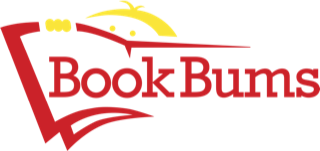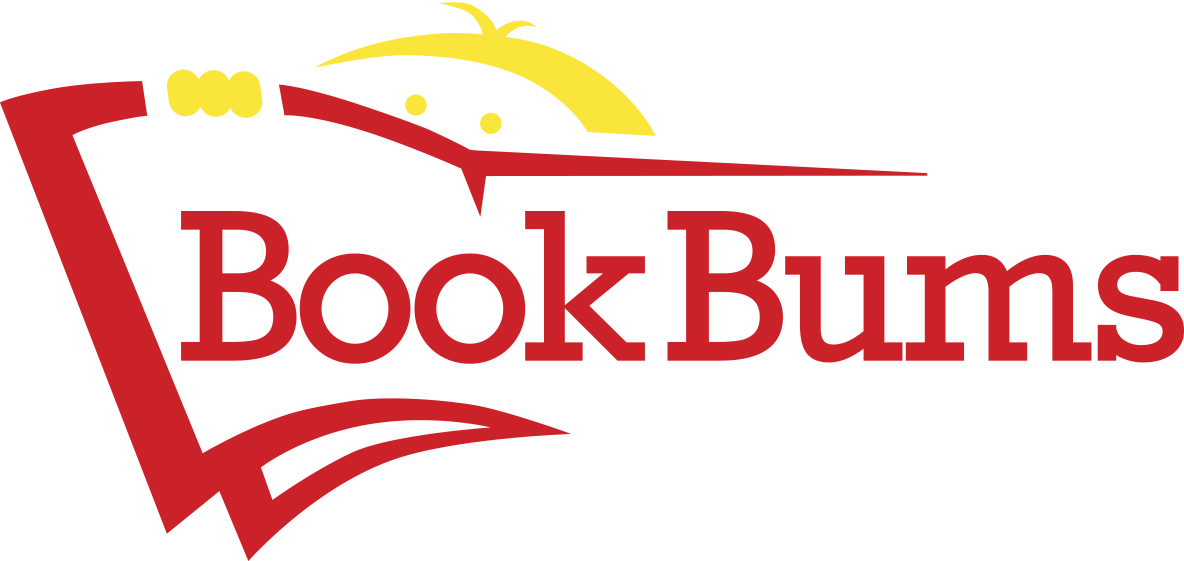
Hello Book Bums families!
We wish all of you a happy end of the school year and holiday weekend! This week in the newsletter we think about books that have touched our hearts, the benefits of spending time in nature, and words to live by. There's also some exciting news from Book Bums. Read on and enjoy!
Bookbums.com is an Amazon Associate; We earn from qualifying purchases. This means that if you click on a link to Amazon.com and make a purchase, We may earn a small commission at no extra cost to you. We do recommend the products. Feel free to find them by other means.
Word of the Week
zenith (zee-nith) noun/person, place, or thing - the high point
The sun reaches its zenith in the sky each day at noon.
Literary Calendar
• May 29 is the birthday of twentieth century British author T.H. White.
• He is most famous for his retelling of the King Arthur legends in The Once and Future King.
• These fantastical tales contain magic, wizards, knights, shape-shifting, royalty, and love.
• They are a wonderful introduction to the oft-referenced characters of Arthur, Merlin, Lancelot and more.
"The best thing for being sad ... is to learn something."
-T.H. White in The Once and Future King
From our Bookshelves
A friend stops in from time to time to select some books to read from the Book Bums bookshelves. We always chat about our boys who’d played high school football together and about the books we’re reading.
As we peruse the shelves, there are certain books I find myself grabbing and placing directly onto my heart. Who knows if the books are as wonderful as I recall them being? I heard it said that a revelation from a second reading of a book doesn’t reveal what you missed on the first reading, it reveals something that was missing from you. We are always growing. Sometimes we’re not ready to receive a message a book has to offer. Sometimes a book has just what we’ve been longing for.
If you read a book that doesn’t resonate with you while your best friends adored it, perhaps they are not wrong about the book. Perhaps they just needed something from it that you don’t need right now.
When I share with you, in the upcoming newsletters, some books I hold to my heart when I see their spines and covers, know that each held something I needed at the time.
Here’s the first:
(I just stood up, walked to the bookshelves, and selected the first book that pulled toward my heart. I saw a lot of “Oh! That’s a great book.” kinds of books, but the first one that tugged at my heart was . . .
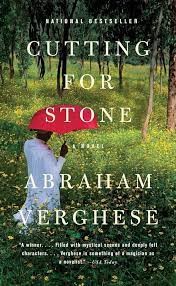
I didn’t even remember much of what Cutting for Stone was about, but I knew it meant something big to me as a reader. I had to look at the back cover to recall the storyline. (Twin brothers born of a secret union between a beautiful Indian nun and a brash British surgeon . . . Now I want to read it again!)
Perhaps it’s not as good as I remember, but it had something I longed for at the time and that’s enough. Maybe it has something you’re looking for too.
It’s “ . . . an unforgettable story of love and betrayal, medicine and ordinary miracles—and two brothers whose fates are forever intertwined.”
We have three copies at Book Bums. You can stop in to check one out between 4:00 and 7:30 any evening, Monday through Friday.
Tips for Readers and Writers
I saw someone sharing about nature journaling for kids, and I was captivated.
Experts praise nature journaling as a way to build a lasting creative connection with the environment. Artist and educator John Muir Laws states it simply, “Nature journaling will enrich your experiences and
develop observation, curiosity, gratitude, reverence, memory, and the skills of a naturalist.”
Either purchase a simple journal or make one with paper and staples. Challenge your kids to gather up some materials in a backpack (small blanket or towel, water bottle, magnifying glass, binoculars, pencil, journal, a personal fan, etc.) and to begin simply noticing big and small natural happenings in your yard.
Ask: How many birds can you hear? Sketch the birds making the sounds you’re hearing. Try writing, with letters, the sound each bird is making. (That’s onomatopoeia!) There are even apps to help identify birds by their calls that you might want to check out.
Ask: If you lie on your stomach, what do you notice happening in the grass? Do you see anything moving in there? (Did you realize that there are 400 million insects in one acre of land?) If you see an ant or another critter, watch it for a looong time. What’s it doing? Where did it go? Was it solitary or did it join others?
You could offer up a challenge for your kids every few days and enthuse them about discovering something they didn’t know before. Your joy resulting from what they share with you just might be enough to keep them engaged and filling up their nature journals. Encourage your researchers to write, sketch, and to create labeled diagrams. TIP: Notice the time your kids spend outdoors, and challenge them to grow the time they're spending there, with each investigation.
My husband and I love to read outdoors. We often notice what’s happening out there with sincere wonder. We once watched a squirrel travel back and forth from way up in one of our pine trees to one of the gutters on the front of our house. It moved up and down, back and forth, again and again and again. With a quick Google search, we discovered that squirrels love eating immature, tender pine cones. Hm. Now we know.
Tips for Families
Are you a family who has a credo; a statement of beliefs or aims which guide your actions? We had short-lived credos when our kids were young.
“We leave the space looking better when we leave it.” (Looks like: We pick up trash from the ballfields as we’re leaving.)
“We love one another. (Looks like: You don’t have to like everyone all the time but always strive to be your best self with others.)
“How do we do things? Together!” (Looks like: We feel better about ourselves when we join in the task at hand. Williamses pitch in.)
We had many, many more.
Following are tips/could-be-credos from social media that make me nod my head and say, “Yeah. That’s true for me too.”
What if we just started collecting words and images that remind us of who we want to be—as individuals and as families? What if we copied them and placed them in our spaces to remind ourselves of what being better or more could look like? I’ve started, here.
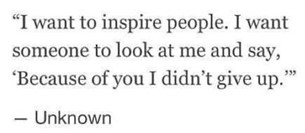
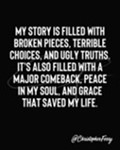
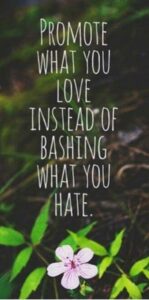
News from Book Bums
You may know that I have submitted the Foundations for Literacy curriculum (that I created for use at Book Bums) to be an approved reading intervention program for the state of Ohio. We haven’t yet been approved, but we made the list of programs still in review!
Here's the link to the listing. We’re right up there with the big guys in literacy education!
Wordology Workshop
• The Latin root cred means believe.
• You can find it in many English words, but it's interesting to think about how each one incorporates the idea of belief.
• Words like creed, credo, and credence refer to things we believe in, very straightforward.
• Words such as credit, credential, and accredit all have to do with believing in a promised behavior. A credit card is a promise to pay; a credential is a promise to be qualified.
• Can you think of more cred words?
Practical Grammar
Which do you say? He did so good. He did so well.
A lot of folks get this one wrong. Do you?
I hear it most every day . . . “She did so good.”
Well, that’s not quite right.
Here’s why:
• The word good is an adjective which means good is used to describe a noun (a person, place, or thing). She’s a good player. The restaurant is good. She had a good day.
• The word well is an adverb which means well describes a verb (an action word). (He performed well. She works well with her classmates.)
The tricky part is, when we’re describing one’s health, we DO use well as an adjective. I feel well doesn’t mean you’re good at feeling. It means you’re feeling healthy.
So, how about this scenario . . .
“How are you today?”
“Oh, I’m good.” Or is it, “Oh, I’m well,”?
Both can be correct!
'I’m good," means you’re describing yourself as good, which works.
“I’m well,” means you’re in good health, which also works.
Whew!
If you are good at this, you’re doing well!

Just for Fun
Them:
How many push-ups can you do?
Me:
If they’re the orange flavor, I know for a fact
I can do seven in one sitting.
If you know someone who would benefit from our newsletter or tutoring at Book Bums, please share this email with them! Thank you.
Copyright © 2024 Book Bums, All rights reserved
Our mailing address is:
7967 Cincinnati-Dayton Road Suite L
West Chester, OH 45069
